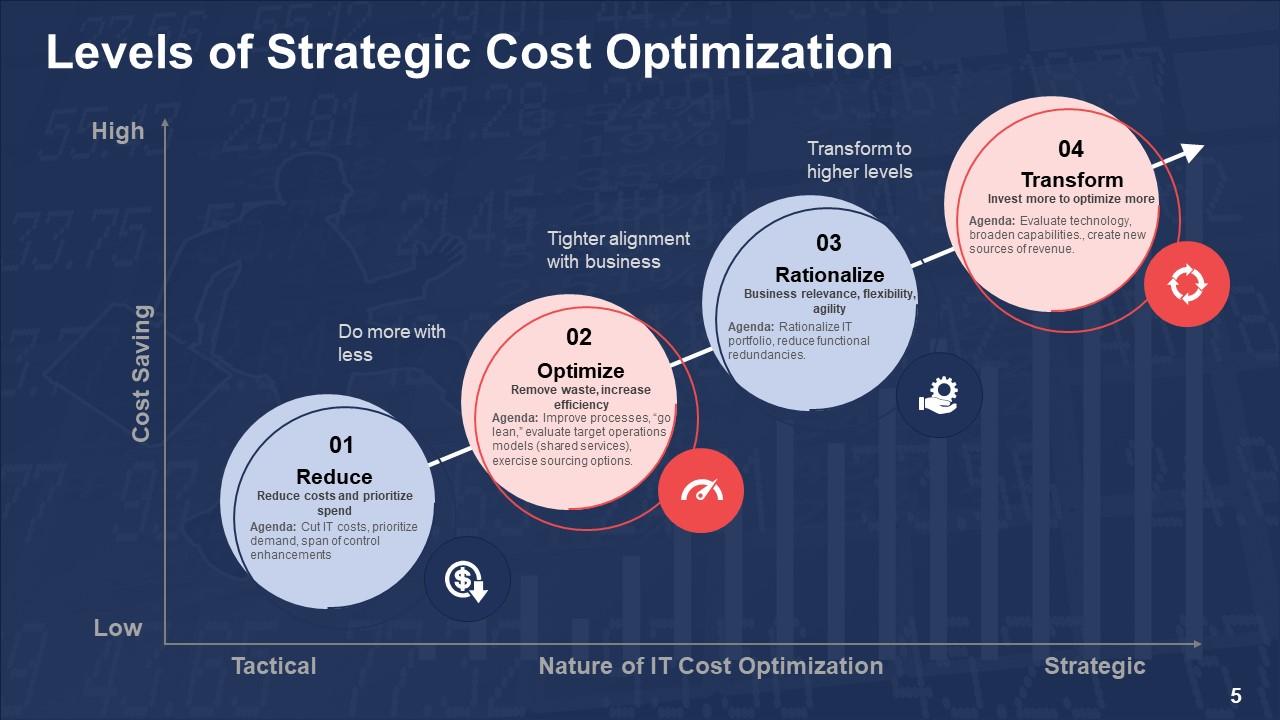Contact Suneth - Email: contact@sunethshanaka.com | WhatsApp: +65 9429 8613
COST OPTIMIZATION AND FUTURE ENTREPRENEURSHIP!

In the ever-evolving landscape of entrepreneurship, the ability to manage costs effectively is a critical factor that can make or break a business. Cost optimization is not just a short-term strategy; it’s a fundamental aspect of sustainable, future-oriented entrepreneurship. In this article, we will explore the significance of cost optimization in the context of future entrepreneurship and the strategies entrepreneurs can employ to ensure their ventures remain competitive and resilient in a dynamic business environment.
The Changing Landscape of Entrepreneurship
Entrepreneurship has undergone a significant transformation in recent years. With advances in technology and changing consumer behavior, traditional business models are being disrupted. Startups and small businesses are playing a crucial role in driving innovation and shaping the future economy.
However, the entrepreneurial journey is fraught with challenges. Startups often operate with limited resources and face intense competition. To thrive in this environment, entrepreneurs must constantly adapt and find ways to do more with less.
The Importance of Cost Optimization
Cost optimization is the process of identifying and eliminating unnecessary expenses while maximizing efficiency. This practice is not about cutting corners or compromising on quality; instead, it’s about finding smarter and more cost-effective ways to achieve the same or better results. In an entrepreneurial context, cost optimization serves several essential purposes:
Survival and Sustainability: Many startups fail due to financial constraints. By optimizing costs, entrepreneurs can extend their runway and increase their chances of reaching profitability. This, in turn, enhances the long-term sustainability of the business.
Competitive Advantage: Cost optimization allows entrepreneurs to offer more competitive prices, which can attract more customers and help gain market share. It also enables them to invest in research and development, marketing, or other growth-oriented activities, making the business more competitive in the long run.
Resource Allocation: When resources are used efficiently, entrepreneurs can allocate funds to areas that are critical for business growth, such as hiring top talent, expanding product lines, or entering new markets.
Risk Mitigation: Economic downturns and unforeseen challenges are part of any business journey. Entrepreneurs who have optimized their costs are better prepared to weather storms and adapt to changing circumstances.

Strategies for Cost Optimization
To optimize costs effectively, entrepreneurs can employ several strategies:
Lean Principles: Implementing lean principles involves eliminating waste, streamlining processes, and continually improving efficiency. This approach not only reduces costs but also fosters a culture of continuous improvement within the organization.
Technology Integration: Leveraging technology can significantly reduce operational costs. Automation, cloud computing, and software solutions can streamline processes, reduce human error, and enhance productivity.
Outsourcing: Consider outsourcing non-core functions to specialized service providers. This can reduce labor costs and provide access to expertise that may not be available in-house.
Negotiation and Vendor Management: Negotiating with suppliers for better terms and managing vendor relationships can lead to cost savings. Seek to build strong partnerships that benefit both parties.
Data-Driven Decision-Making: Utilize data analytics to identify cost-saving opportunities. By analyzing operational data, entrepreneurs can make informed decisions on resource allocation and process optimization.
Sustainable Practices: Implement sustainable business practices that not only reduce costs but also appeal to environmentally conscious consumers, potentially increasing market share.
Flexibility and Adaptability: Stay agile and ready to adapt to changing market conditions. Being quick to adjust strategies in response to new data or emerging trends can save resources in the long run.
The Future of Entrepreneurship
The future of entrepreneurship will be shaped by dynamic forces, including technological advancements, shifts in consumer preferences, and global economic changes. In this context, cost optimization is not just a cost-cutting exercise but a strategic imperative for long-term success.
Entrepreneurs who excel at cost optimization will be better positioned to thrive in a business landscape where agility, resilience, and innovation are paramount. They will be able to invest in research and development, expand into new markets, and attract top talent. Moreover, they will be able to navigate the challenges of the future with confidence and adaptability.
In conclusion, cost optimization is a fundamental practice for future entrepreneurship. Entrepreneurs who prioritize this aspect of their business strategy will not only increase their chances of survival but also position themselves to lead and thrive in the ever-evolving world of business. As the saying goes, “Innovate or die.” In the future of entrepreneurship, it may be equally true that “Optimize or perish.”



